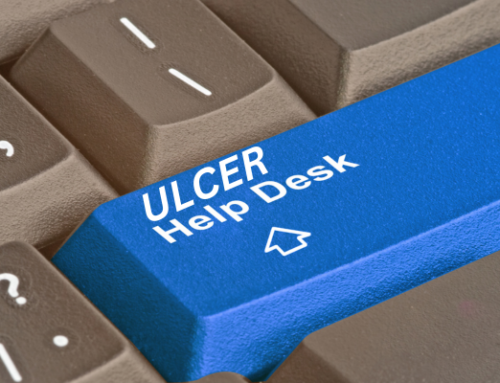“The effect of comorbidities on the location showed, among those with comorbidities beyond spinal cord injury, sacral ulcers were the most common primary ulcers, whereas ischial ulcers accounted for nearly 90% of all the recurrent ulcers. In patients without significant additional incapacitations, there were no differences in ulcer location in either primary or recurrent ulcers,” states Dr. M.C. Welch, MD, Ph.D., Chief Division of Plastic Surgery, University of Toledo Medical Center.
Dr. Greg Vigna, national decubitus ulcer attorney states, “Acute Rehabilitation Hospitals and Long-Term Acute Care Hospitals admit patients whom ambulation is not a reasonable or feasible short-term goal, or sometimes not even a future goal. This study is important because it shows that patients who require a wheelchair for mobility become at increased risk for recurrent ischial decubitus ulcers as they age and acquire additional age-related diagnoses.”
Dr. Vigna adds, “I provided rehabilitation services at various acute rehabilitation hospitals, and it was clear that most facilities did not have a manual tilt-in-space wheelchair available for their profoundly debilitated patients who were simply too weak to provide independent pressure relief when sitting. Patients with profound weakness need timers every 15 minutes to remind the staff and train the patient to understand the importance of pressure reliefs when sitting. Tilt-in-space wheelchairs are used to assist patients who can’t achieve pressure relief with manual assistance by nursing.”
What did Dr. Welch report in “A 9-year Retrospective Evaluation of 102 Pressure Ulcer Reconstructions” published in Journal of Wound Care Supplement Vol 24, No. 4, April 2015: https://www.magonlinelibrary.com/doi/abs/10.12968/jowc.2015.24.Sup4a.S12
Dr. Vigna concludes, “Tilt-in-space wheelchairs are often necessary for patients early in their rehabilitation efforts who are simply too weak for independent pressure reliefs and then graduate to a manual wheelchair after they achieve independence. Power tilt-in-space wheelchairs are generally for patients who require ongoing wheelchair mobility and cannot provide independent pressure reliefs.”
Read the literature on ischial tissue perfusion with tilt-in-space wheelchairs: https://www.sciencedirect.com/science/article/abs/pii/S0003999310006283
Greg Vigna, MD, JD, is a national malpractice attorney and an expert in wound care. He is available for legal consultation for families and patients who have suffered decubitus ulcers due to poor nursing care at hospitals, nursing homes, or assisted living facilities. The Vigna Law Group along with Ben C. Martin, Esq., of the Martin Law Group, a Dallas Texas national pharmaceutical injury law firm, jointly prosecute hospital and nursing home neglect cases that result in bedsores nationwide.
To learn more, visit the Decubitus Ulcer Help Desk.




